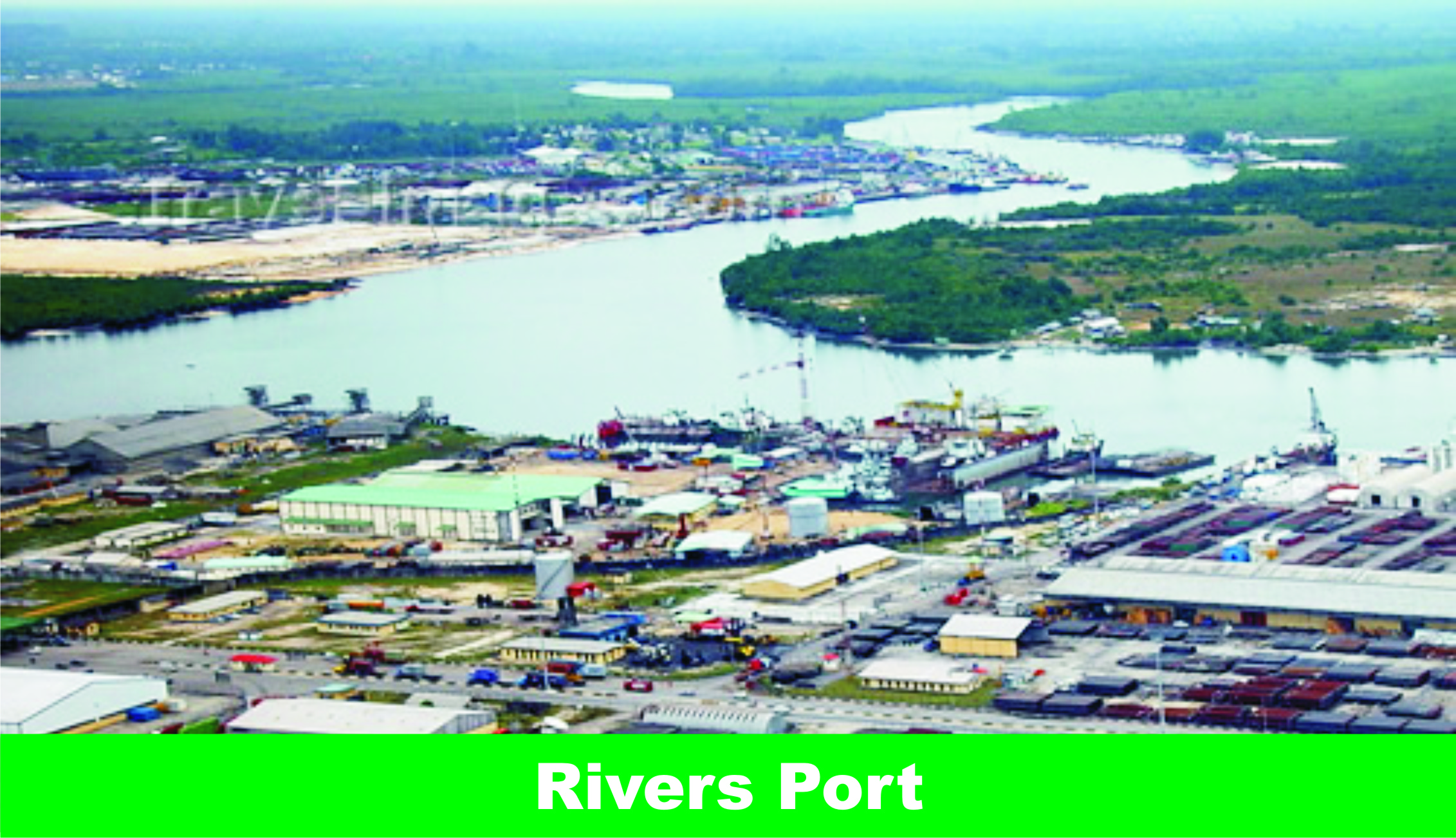Business
Shippers Council Boss Bemoans Systemic Corruption At Ports

The Executive Secretary, Nigerian Shippers’ Council (NSC), Hon. Emmanuel Jime, has expressed concern over attacks on members of the Port Standing Task Team (PSTT) waging war against corruption at the nation’s ports.
The Task Team, led by the council as the ports economic regulator, is a Federal Government’s committee set up to check corruption at the nation’s ports.
Speaking to newsmen as part of the activities to mark his one year in office, Jime said officers of the task team who have challenged corrupt practices at the ports have been under attack.
He said despite the attacks, the task team has been able to save as much as $20,000 daily from demurrage.
According to him, “We are engaged in a fight that no agency of government has ever been engaged in. We are fighting in a territory where the challenge is more than what anyone can ever imagine.
“The National Coordinator, PSTT of our agency, Moses Fadipe, is seated here but I can tell you that there are lots of butterflies in his stomach because this guy’s life is in danger.
“The lives of Moses Fadipe and his team are in danger because they are fighting against a corrupt system that has been here for a very long time.
“Kindly help us shine light on happenings along the port corridor. We have to rid the port of the endemic corruption that has gone up to a level anybody can ever imagine.’’
“When I tried intervening, I found out to my chagrin that the more I get involved, the more I try not to get compromised. I was surprised that at the level of my intervention, I was almost getting into a compromised level. It’s like I was reporting someone to his benefactor. What I have decided is that we must fight this corruption at the ports.
“What we found out is that most of this other ranks (security officials) don’t just wake up in the morning to go and mount checkpoints. They have superior officers that they make returns to. That is why all the previous interventions done by previous administrations failed.
“This is the magnitude of the problem concerning corruption at the ports. We will fight it the best way we can. We will ensure people are held accountable for their actions and the work of the PSST will continue”, he said.
He disclosed that the activities of the PSST team saved the Nigerian economy an average vessel demurrage of $20, 000 per day between 2020 and 2021, translating to the sum of $6.5m (N3.3billion).
By: Nkpemenyie Mcdominic, Lagos
Business
NCDMB, Dangote Refinery Unveil JTC On Deepening Local Content
Business
Food Security: NDDC Pays Counterpart Fund For LIFE-ND Project
Business
Replace Nipa Palms With Mangroove In Ogoni, Group Urges FG, HYPREP
-
News2 days ago
Police Rescue Kidnapped Victim As Suspects Escape With Gunshots in Rivers
-

 Politics2 days ago
Politics2 days agoTinubu’s Contribution To Buhari’s Presidency Marginal – Ex-SGF
-
Opinion2 days ago
How Reliable Is AI
-

 News2 days ago
News2 days agoRSG Tasks Rural Dwellers On RAAMP …As Sensitization Team Visits Akulga, Degema, Three Others
-
Politics2 days ago
Keyamo Inaugurates Ganduje As FAAN Board Chair
-
News2 days ago
Demonstrate Commitment In Improving Host Communities, Ibas Tells Corps Members
-

 Politics2 days ago
Politics2 days agoReps Constitution Review Committee Holds Zonal Hearing For Rivers, C’River, Akwa Ibom In Calabar
-
Opinion2 days ago
Is Nigeria Democratic Nation?

